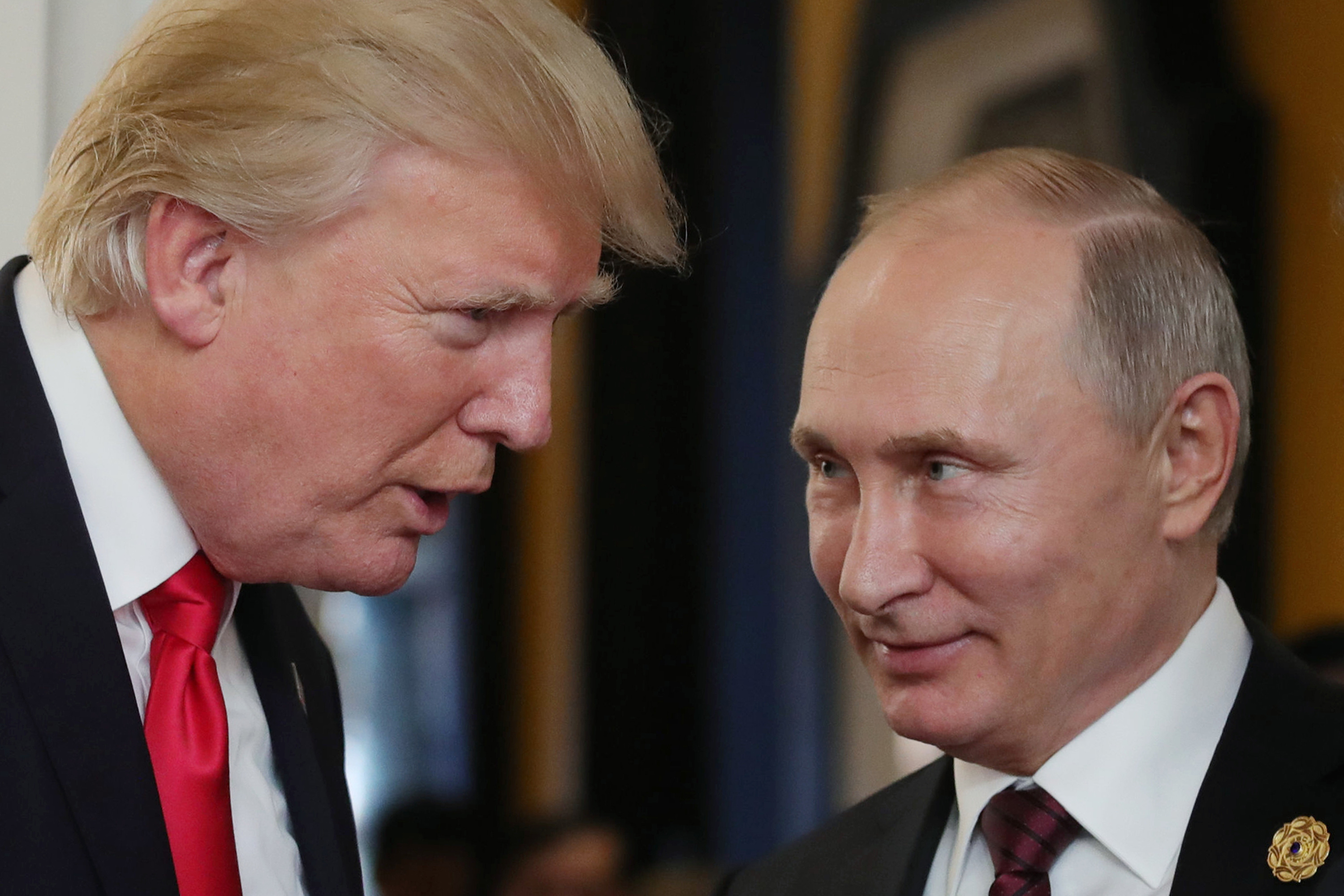
Early in my journalism career, my boss walked into the newsroom and asked the assignment editor which stories the team was working on. The assignment manager hurriedly looked at him and said, “we have two BIG stories on the news tonight!” The boss said, “Wow, what are they?” The response back: “Jack and Sh*t.”
Forgive me for digressing, but the same could be said about the DNC’s lawsuit against Trump, Russia, and a plethora of Trump minions, including Trump Jr. and Jared Kushner. Legally, here is why.
The 66-page document contains a few sections and headings which are critical in understanding what’s going on. Under the “Nature of the Action” section, there are subheadings, such as “Overview of the Conspiracy.” Under that subheading are a bunch of really, really horrible-sounding things, such as:
“I will get Putin on this program and we will get Donald elected.” (The quote is attributed to Felix Sater, business partner of Trump, allegedly explaining a “deal” to Trump Attorney Michael Cohen.)
You can read the document yourself. Here’s the problem: several pages of quotes and factual allegations in the beginning of the document are wholly uncited, at least in that section of the document.
Another section of the document, “general allegations,” does cite information through footnotes — some 107 of them. However, the records cited are almost exclusively news reports from sources such as the New Republic, the New York Times, ABC, CNN, Politco, the Washington Post, Fox News, Business Insider, Slate, and other media outlets. Ferretting out exactly what was reported by those outlets is not difficult. For instance, the allegation above that alleged Trump deal-maker Felix Sater was also trying to get Vladimir Putin involved with helping elect Trump is not an iron-clad proposition. It is cited to this piece in the New Republic, which is, in turn, cited back to this piece in the New York Times. The emails, the Times explained, were turned over by the Trump organization to the House Intelligence Committee. The Times “obtained” “some” of them from there.
The DNC’s lawsuit shoves what ultimately is fourth-hand information to a federal judge to be taken as fact in support of this conclusion:
Through these communications, the Trump Campaign, Trump’s closest advisors, and Russian agents formed an agreement to promote Donald Trump’s candidacy through illegal means.
The second-hand source for the same information, the Times, does not comfortably support the breadth and depth of the DNC’s argument. As the Times piece points out:
There is no evidence in the emails that Mr. Sater delivered on his promises, and one email suggests that Mr. Sater overstated his Russian ties.
[ . . . ]
The emails obtained . . . do not include any responses from Mr. Cohen to Mr. Sater’s messages.
The New York Times, like all human endeavors, has made mistakes through the years, but the paper here makes clear what it knows and what it does not know. The Times piece does not leap to conclusions. The DNC lawsuit leaps straight to the most dastardly imaginable situation and presents it as a conclusion.
Under Rule 11(b)(3) of the Federal Rules of Civil Procedure, when an attorney files a lawsuit, he or she is certifying that:
[T]he factual contentions have evidentiary support or, if specifically so identified, will likely have evidentiary support after a reasonable opportunity for further investigation or discovery.
Usually, lawsuits are backed up by affidavits, original source documents as exhibits, and other pieces of evidence, though at this stage — the pleading stage — all that is required under Rule 8(a)(2) is a “a short and plain statement of the claim showing that the pleader is entitled to relief.” The pleading accomplishes that, but the footnotes are akin to a poker player suddenly realizing he’s holding his cards backwards. Everybody sees he doesn’t have much of a hand — at least not yet. Who knows? Maybe the DNC has information we don’t have. Maybe the DNC’s factual assertions are true. Maybe further investigation will yield additional facts. Maybe. I need primary source documents and depositions, please, if I’m to believe the DNC’s claims. The closest thing to primary source documents cited are the Guccifer 2.0 alleged hacker’s Web site, FBI press releases, WikiLeaks, Trump Tweets, and a Director of National Intelligence report.
[Photo by MIKHAIL KLIMENTYEV/AFP/Getty Images]
This is an opinion piece. The views expressed in this article are those of just the author.